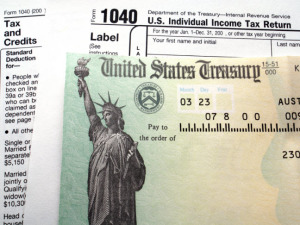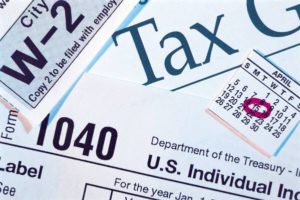 Today’s top story: Quick – Can you come up with $400? Also in the news: Is 4-year college right for you, car negotiating secrets for people who hate haggling, and 5myths about your 2017 tax refund and what not to do if you want to do if you want it quicker.
Today’s top story: Quick – Can you come up with $400? Also in the news: Is 4-year college right for you, car negotiating secrets for people who hate haggling, and 5myths about your 2017 tax refund and what not to do if you want to do if you want it quicker.
Quick — Can You Come Up With $400?
Most of America cannot.
Ask Brianna: Is 4-Year College Right for You?
Do you really need all 4 years?
Car Negotiating Secrets for People Who Hate Haggling
Negotiating without pressure.
5 myths about your 2017 tax refund and what not to do if you want it quicker
Calling the IRS won’t help.
 Today’s top story: Finding your tax refund. Also in the news: How long you should keep your tax records, when to pay for ‘free’ shipping, and 7 steps towards financial literacy for your kids.
Today’s top story: Finding your tax refund. Also in the news: How long you should keep your tax records, when to pay for ‘free’ shipping, and 7 steps towards financial literacy for your kids.  Today’s top story: Only 1 in 10 Americans are at Peak Financial Health. Also in the news: How to dodge stock market scams, when a tax refund means bankruptcy, and millennial parents face the reality of baby costs.
Today’s top story: Only 1 in 10 Americans are at Peak Financial Health. Also in the news: How to dodge stock market scams, when a tax refund means bankruptcy, and millennial parents face the reality of baby costs. Today’s top story: These 4 tax bills can surprise, but you can be ready. Also in news: Can’t pay your taxes? Here are 6 ways to cope. Why stay-at-home spouses should buy life insurance, and how to avoid blowing your tax refund.
Today’s top story: These 4 tax bills can surprise, but you can be ready. Also in news: Can’t pay your taxes? Here are 6 ways to cope. Why stay-at-home spouses should buy life insurance, and how to avoid blowing your tax refund.